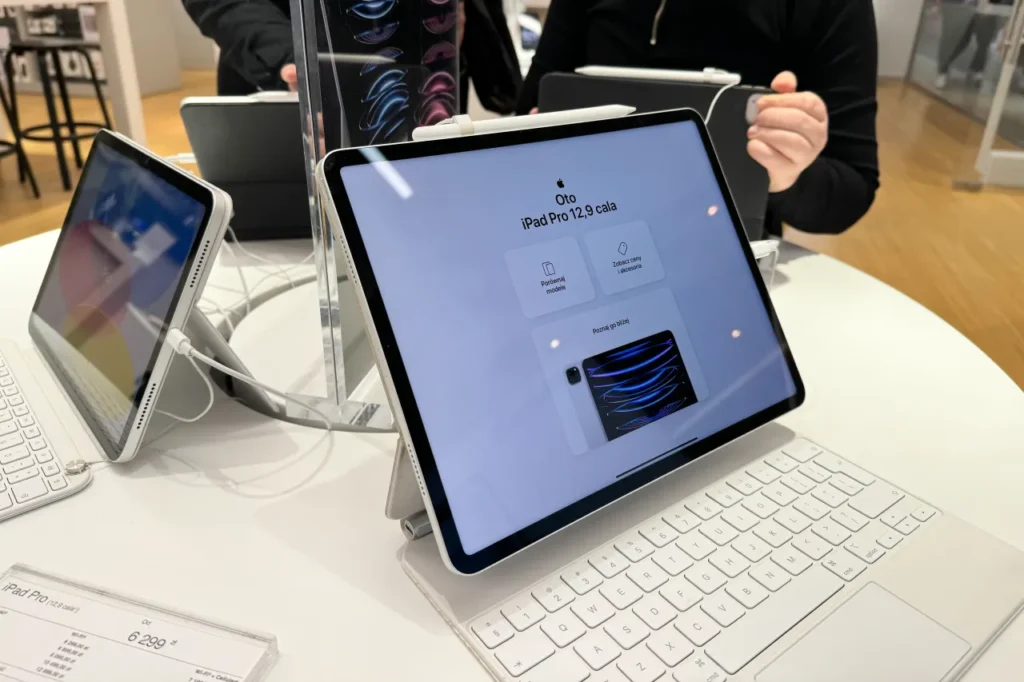Apple to Allow Third-Party App Stores on iPads in the EU Starting September 16

In a groundbreaking move, Apple will open up iPads in the European Union to third-party app stores starting on September 16, following the release of iPadOS 18. This change complies with the European Union’s Digital Markets Act (DMA), which is designed to increase competition and reduce gatekeeping by large tech companies.
The update will allow users in the EU to install alternative app stores like the Epic Games Store and AltStore PAL without the need for sideloading. Popular apps like Fortnite, Delta, and Torrent will be available through these platforms, offering more freedom in how users access apps. This shift mirrors a similar update Apple made for iOS earlier this year, following the DMA’s requirements.
Although these third-party app stores won’t be subject to Apple’s usual app review processes, Apple will still notarize apps for security to ensure they meet safety standards. Developers of third-party stores will also be required to pay a Core Technology Fee to Apple once they surpass specific usage thresholds—a fee that has sparked some controversy and is currently under investigation by the EU.
In addition to the app store changes, iPadOS 18 will bring another major feature: the ability for third-party web browsers like Google Chrome and Mozilla Firefox to run on their browser engines rather than being forced to use Apple’s WebKit engine. This opens the door for a more diverse browsing experience on iPads, allowing developers to create browsers with more features and better performance tailored to their technologies.
The move is seen as a direct result of Apple’s designation as a “gatekeeper” under the DMA, which aims to promote fair competition by loosening control held by major tech companies over platforms and app distribution. The DMA’s rules now apply to iPadOS, alongside iOS, the App Store, and Safari, marking a significant step toward increasing app and browser freedom for EU users.
With these changes, Apple is shifting its iPad strategy in the EU, giving users more control over how they download apps and use browsers, while still maintaining security measures. This is a major shift for Apple, and it could have ripple effects across the tech industry, setting new standards for app distribution and platform openness.
